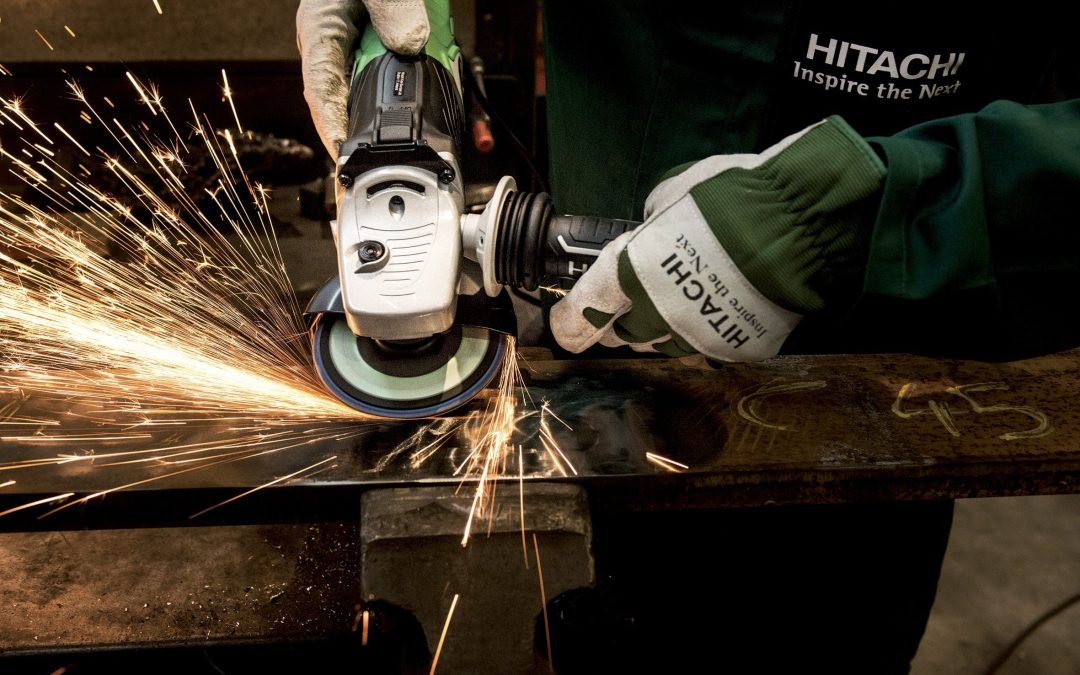In the dynamic world of construction, structural steel fabricators stand as essential contributors. Beyond simple fabrication, their role encompasses precision and innovation, turning design concepts into durable structures. With Weldform Structures, we will delve into the pivotal role played by structural steel fabricators, unravelling the intricacies of their work and the profound impact they wield within the construction ecosystem.
The Role of Structural Steel Fabricators
Steel fabrication is the process of taking raw steel and shaping it into a refined product. At the core of this process are structural steel fabricators, tasked with the precise cutting, joining, and shaping of steel. Their expertise lies in crafting custom structures from semi-finished or raw materials, contributing to the creation of robust and tailored products within the construction industry.
Custom Steel Fabrication
Specialising in custom fabrication, structural steel fabricators excel in transforming raw steel materials into precise components tailored to meet the unique requirements of construction projects. Their skill lies in fabricating steel elements, ensuring they not only align with design specifications but also withstand structural loads effectively. These experts possess the technical know-how to tailor steel components, ensuring they seamlessly fit specific design parameters. Through precision craftsmanship, they guarantee that every steel element meets quality standards, resulting in structurally sound and durable constructions.
Collaborate with Architects and Engineers
Steel fabricators collaborate closely with architects and engineers to assess the feasibility and constructability of designs. Their role extends to providing valuable input on material selection, fabrication techniques, and cost-effective solutions. This collaborative effort ensures that the final steel components not only align with the project’s design intent but also adhere to safety and engineering standards. Thus, steel fabricators contribute to the realisation of designs that are not only aesthetically pleasing but also practical and compliant with industry standards.
Steel Installation
Steel fabricators play a crucial role in on-site installation services, collaborating closely with construction teams to erect steel structures. Their specialised knowledge ensures not only efficient installation but also adherence to safety protocols. At Weldform Structures, our comprehensive approach involves meticulous planning of the entire process, starting from the initial stages of the project and extending through to the installation of steel. This g guarantees that every aspect aligns precisely with the project plan, ensuring the seamless and accurate erection of steel structures while prioritising safety and precision.
Skills of Structural Steel Fabricators
Steel fabrication stands as a highly specialised profession that demands the expertise of skilled and experienced fabricators capable of transforming raw materials into high-quality products. Leveraging advanced technologies, these professionals aim to ensure precision, reliability, and consistency throughout the fabrication process.
At Weldform Structures, our skilled steel fabricators work from detailed drawings, with NC, DXF, and DSTV files seamlessly integrated into a 3D-modelled structure. This tech-driven approach significantly reduces operational risks across steel detailing, fabrication, and final installation.
In addition to technological proficiency, successful steel fabricators also possess the following essential skills:
Shot Blasting
Shot blasting involves the use of small steel beads to blast sections of steel. The primary goal is to eliminate impurities from the surface and prepare the material for fabrication. This ensures a clean finish, providing an ideal starting point for welding processes. It plays a pivotal role in enhancing the overall quality and integrity of the fabricated steel.
Welding
Every steel fabricator possesses advanced welding skills, namely the application of intense heat to a metal surface, causing it to melt and form a secure bond with another material. As the welded materials cool, they solidify, seamlessly fusing with other steel components. This skill ensures the structural integrity and durability of the final product, highlighting the critical role of skilled welding in the steel fabrication process.
Coating
In the structural steel industry, it is common for steel to undergo a surface coating process known as painting and/or hot dip galvanisation. This involves coating the steel to provide a protective layer, effectively preventing corrosion. This essential step in the fabrication process significantly enhances the steel’s durability and longevity.
Cutting
This step involves cutting steel into sections before the fabrication process to facilitate ease of handling and shaping. Various techniques, including circular saw cutting, plasma cutting, and flame cutting, can be employed to achieve the desired results. These methods contribute to the overall efficiency and precision of the steel fabrication process.
Structural Steel Fabricators at Weldform Structures
In essence, the robustness of a steel structure is shaped by the amalgamation of precision, customisation, manufacturing efficiency, installation accuracy, and the integration of advanced technologies. As we look to the future of construction, the role of structural steel fabricators remains integral, driving innovation, sustainability, and the creation of iconic structures that stand the test of time.
At Weldform Structures, we offer end-to-end construction solutions encompassing drafting, steel fabrication, and construction design. By leveraging 3D modelling, cutting-edge technology, and NC machinery, we streamline and manage processes to ensure optimal outcomes. Contact us today for a consultation on your project.

